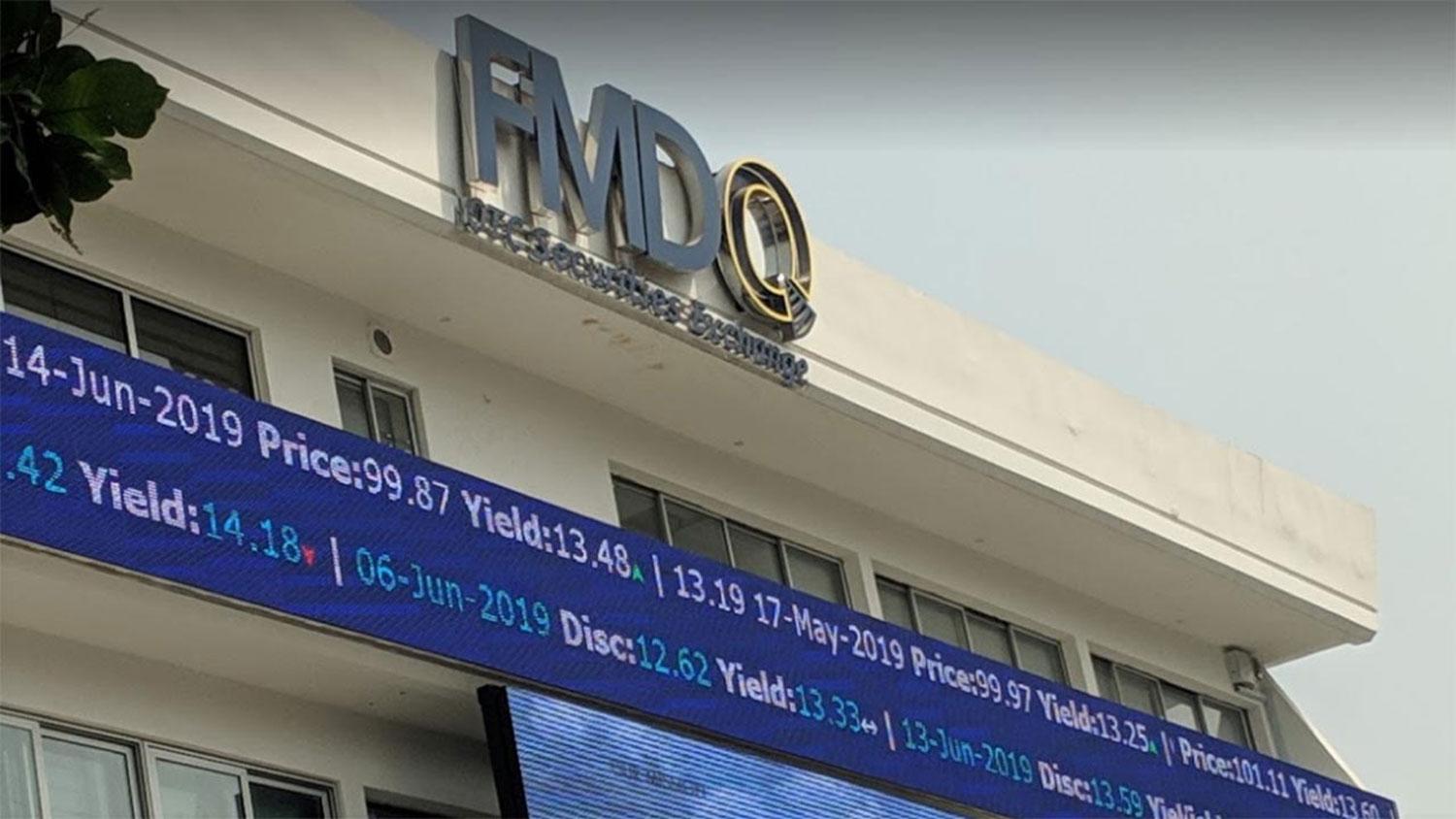
Global private equity Asset Under Management (AUM) has hit $4.50 trillion in the last 10 years.
The Chief Executive Officer, FMDQ Group, Mr Bola Onadele, disclosed this at the Coronation Merchant Bank interactive session webinar with the theme: “Capital mobilisation through the private markets,” on Monday in Lagos.
Onadele, in his keynote address at the webinar, said that part of these global funds were finding their way into Africa, especially Nigeria.
He, however, urged private companies in Nigeria to tap into the opportunities in the market for growth and development.
“As is the case in global private markets (PE) where private equity accounts for 60 per cent of total AUM, private markets in Africa and Nigeria is dominated by the PE segment,” he added.
Onadele, who was represented by the Head, Private Capital, FMDQ Private Markets Ltd., Mr Yemi Osinubi, said that a recent survey showed that Nigeria ranks second in the attractiveness of African countries for PE investments over the last three years.
He said that healthcare and life sciences, technology, and agribusiness were viewed as the most attractive sectors over the next three years.
Onadele attributed the shift to private capital to the global liquidity crisis of 2008 and 2010.
He noted that the traditional source of capital has become less available because of the tightening of the Basel two requirements for banks.
“Private equity AUM has gone up four times since 2002, since 2015 worth of private equity deal volume has exceeded equity deal in volume,” he said.
Onadele said that institutional investors worldwide were seeking alternative channels on their growing funds, especially in infrastructure funds.
Speaking on the drivers for PE, he added that raising capital in the public markets comes with high regulatory requirements and the cost of compliance for public companies were high.
“As such, many companies prefer to remain private for as long as possible and take advantage of the private capital market,” Onadele said.
According to him, the private markets give investors access to uncommon investment opportunities while providing diversification benefits.
He noted that the primary goal for the establishment of FMDQ Private Markets Ltd was to democratise the capital markets by promoting the inclusion of private companies and unleash the largely untapped pool of private capital in Nigeria.
Onadele disclosed that the platform had witnessed about N264 billion in notes since it was set up in 2020.
READ ALSO: Nigeria’s govt, UNICEF to empower 20 million young Nigerians by 2030
“In 2020, about N100 billion in private company bonds were noted on the platform, this half-year alone we have about N153 billion in notes.
“We had a mix of promissory notes, corporate bonds, Sukuk bonds and we are having first Green Bond that will be noted in the coming month also.
“Our equity guideline should be coming out very soon, FMDQ is known for bonds but we have been in discussion with venture capital community, the private equity community on how to develop this equity market for them.
“And we think it’s going to be a robust market for them that will help small to medium term businesses who are trying to raise capital.
“Our equity guideline will be out within a month and we will start the noting of equity securities,” he said.
Earlier, the Managing Director of Coronation Merchant Bank, Mr Banjo Adegbohungbe, said the interactive session was instituted to stimulate discourse and clarify an enhanced pertinent economic and societal issues and develop credible and workable solutions to common challenges.
“We intend to continue to facilitate productive engagements like this with relevant stakeholders to generate solutions for critical sections of the economy and to add value to our existing and potential customers alike.
“We choose the theme of today’s session: “Capital mobilisation through the private markets, specifically because of the potential we see in the private segment of the Nigerian capital market.
“This market has had its fair share of missteps in the past but we have begun to observe very credible and increasingly sustainable structures being built to organise the otherwise arbitrary situation earlier observed in this sector of the market.
“From technology to renewable energy and various other sectors, it is now obvious that companies need to become publicly quoted to attract much-needed capital,” Adegbohungbe said.
He noted that investors would make more informed decisions on the investment opportunities that abounded in credible private companies with clarity on entry, monitoring and exit.

